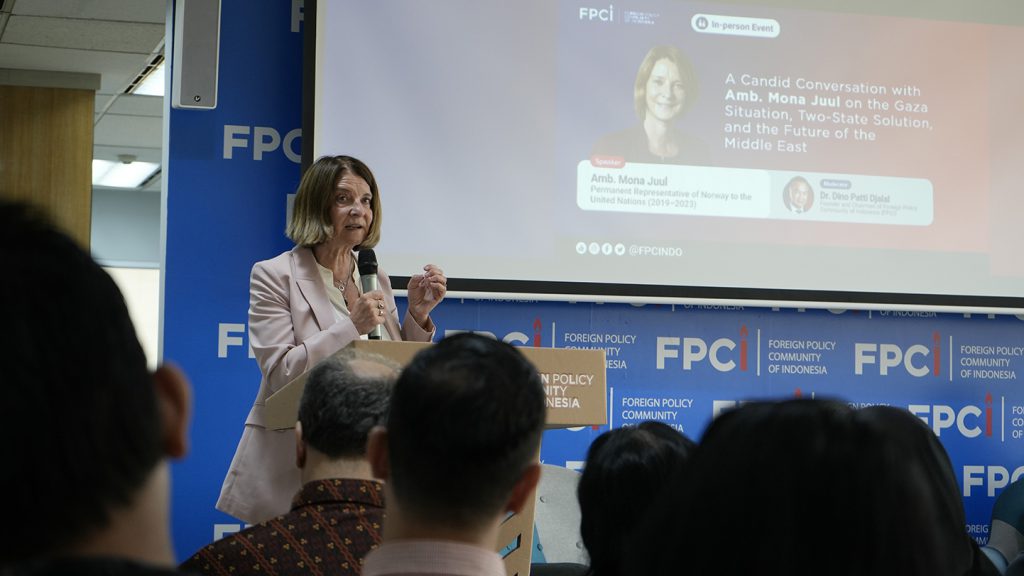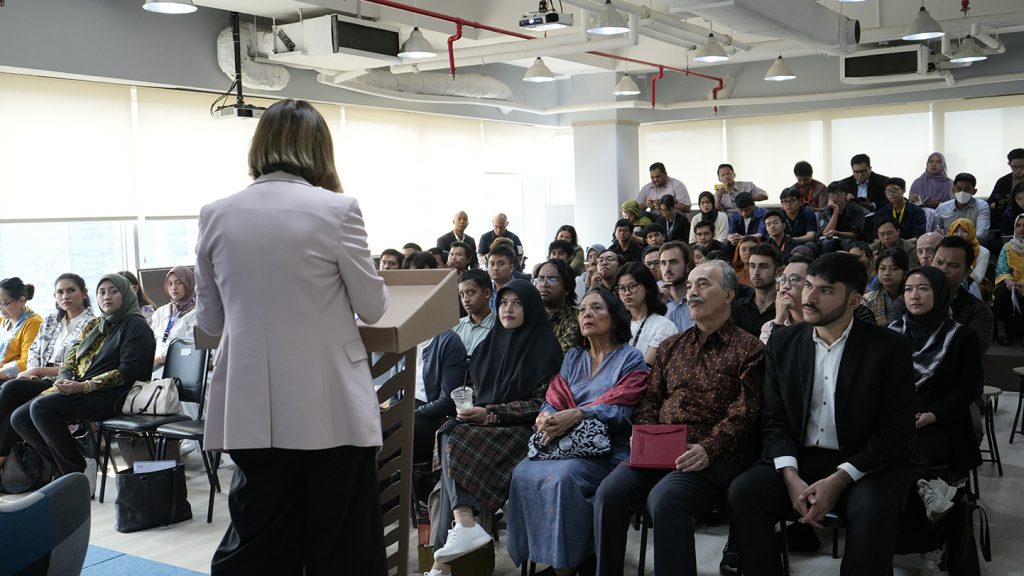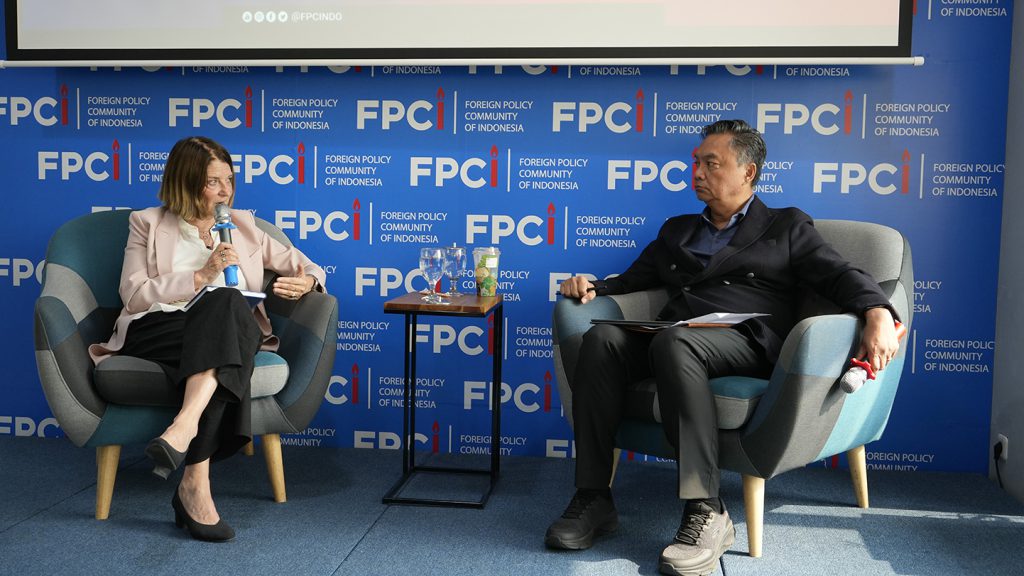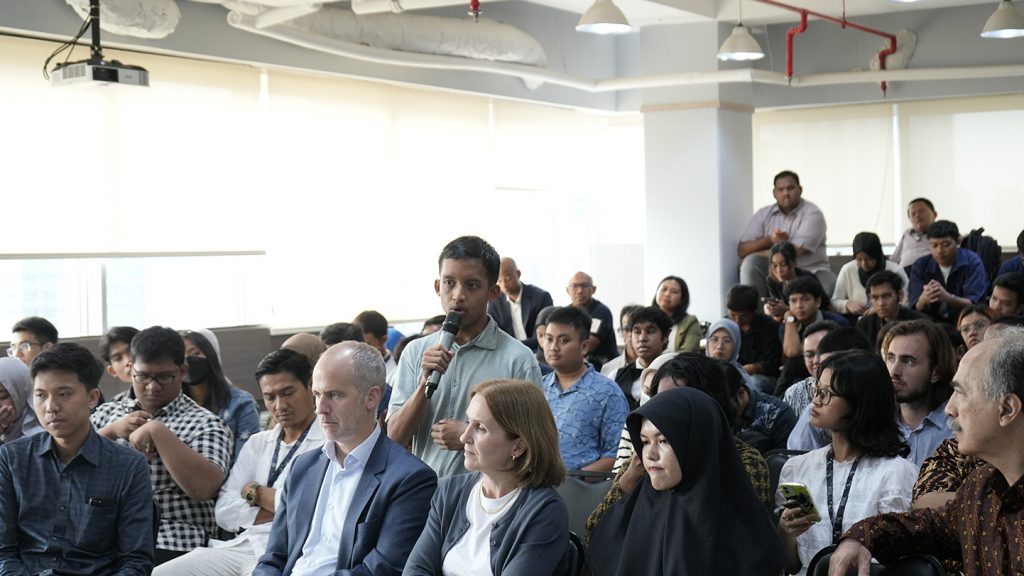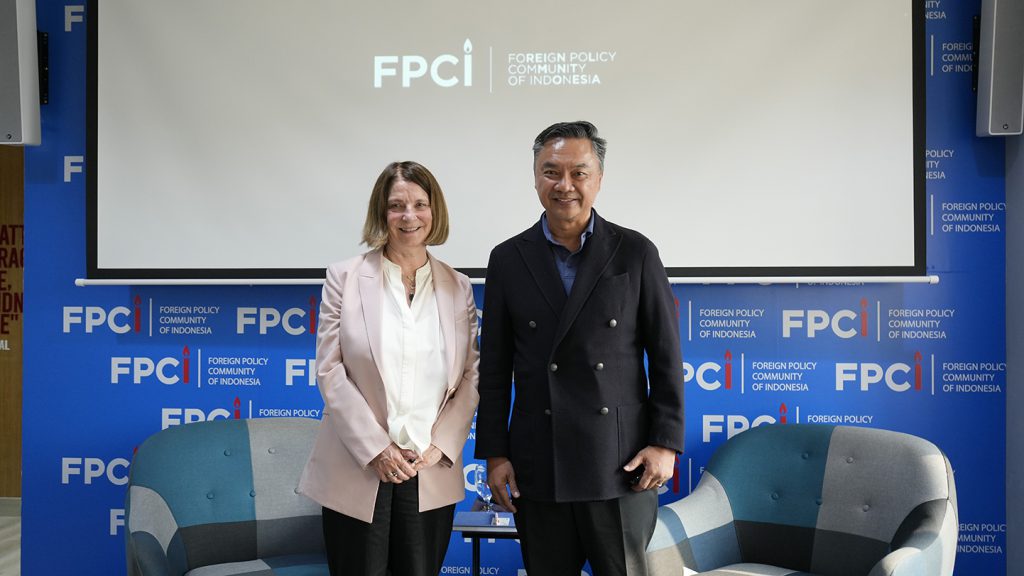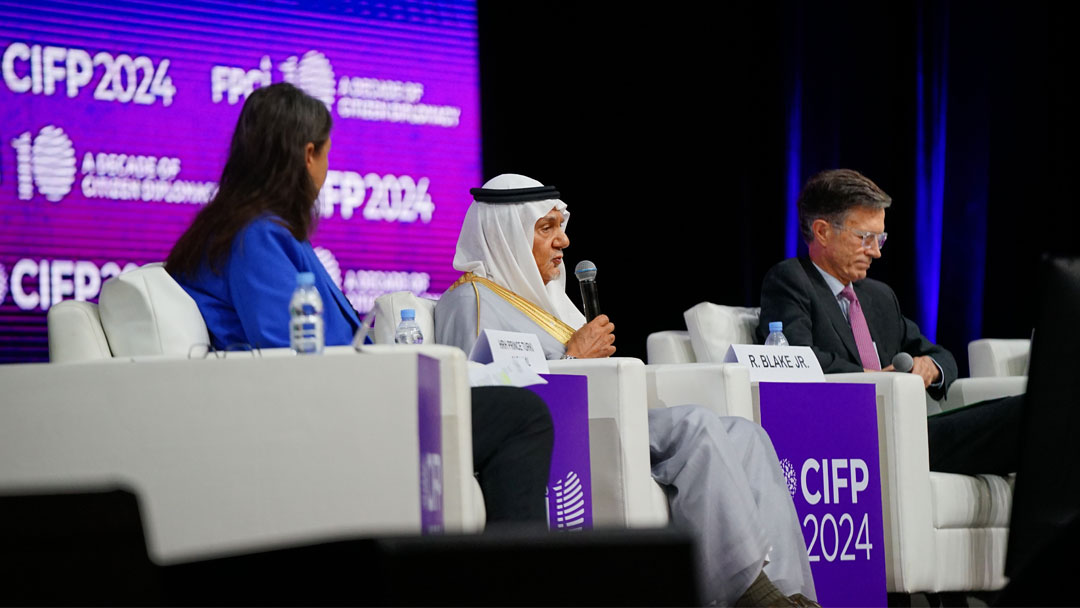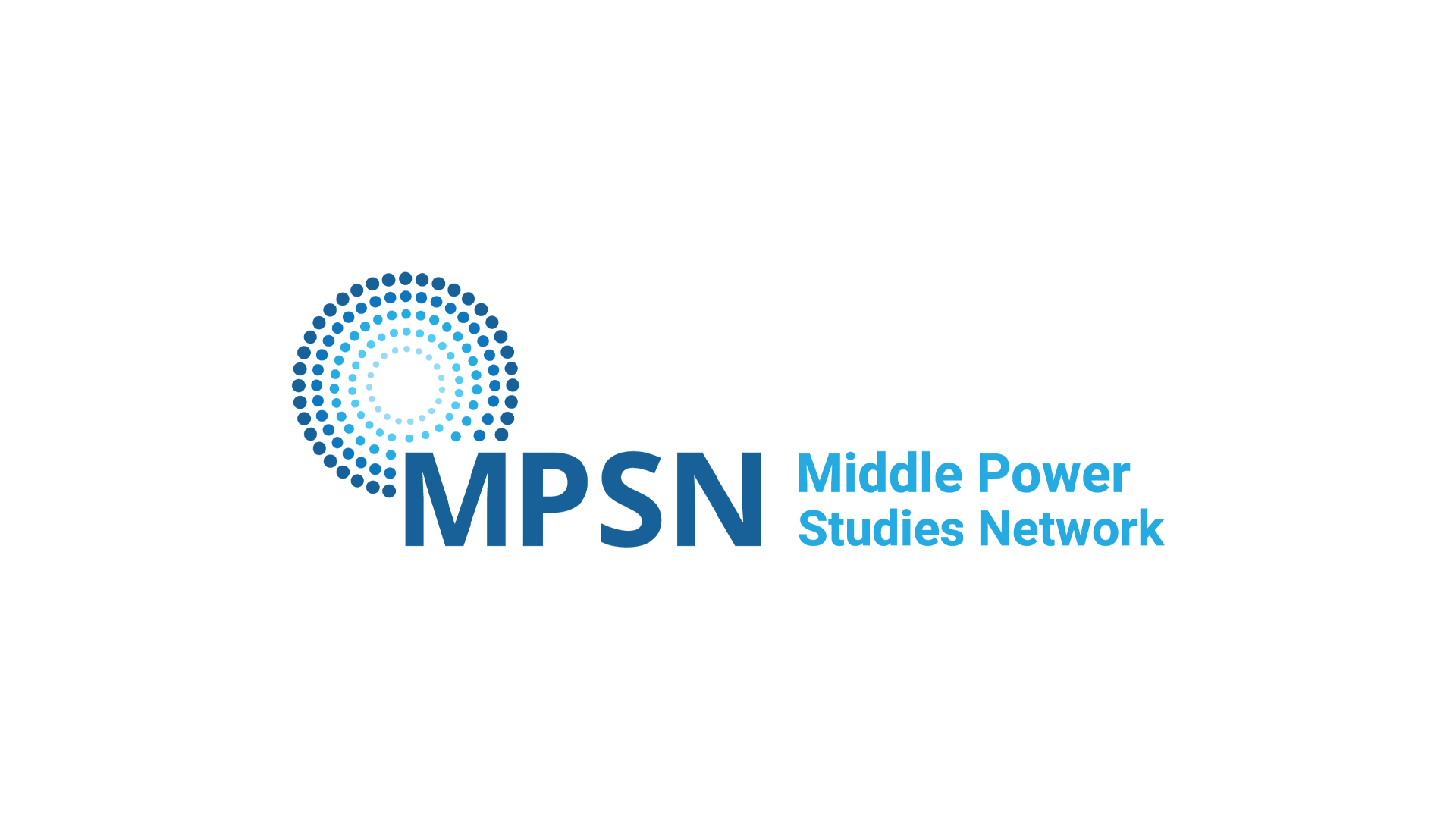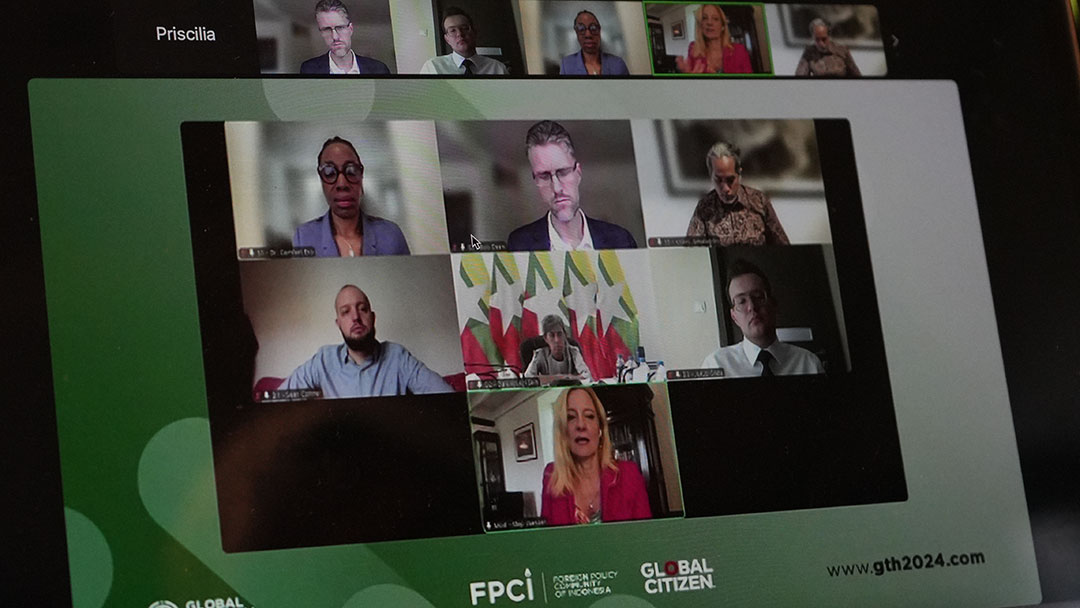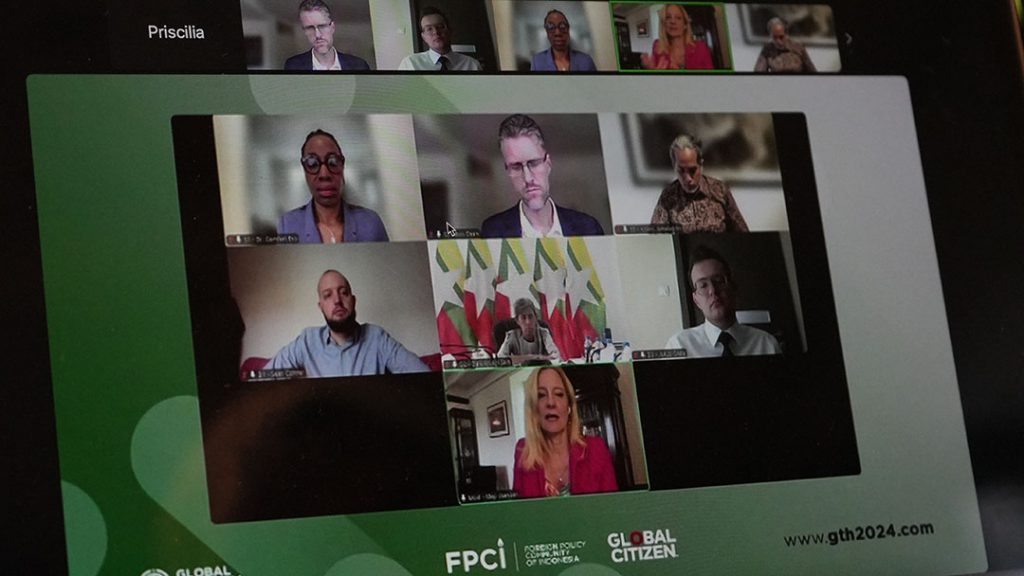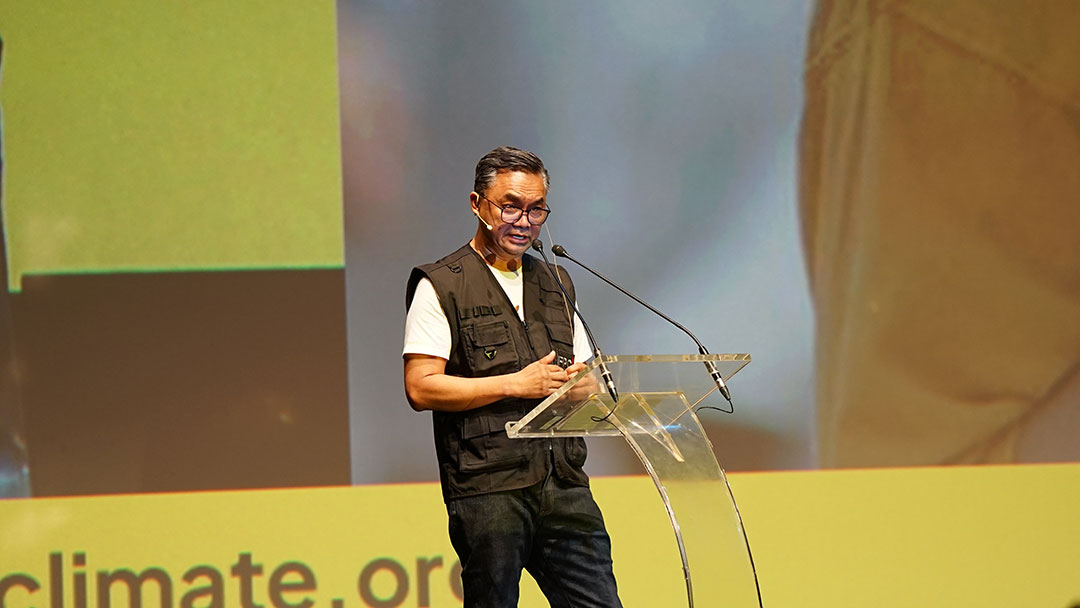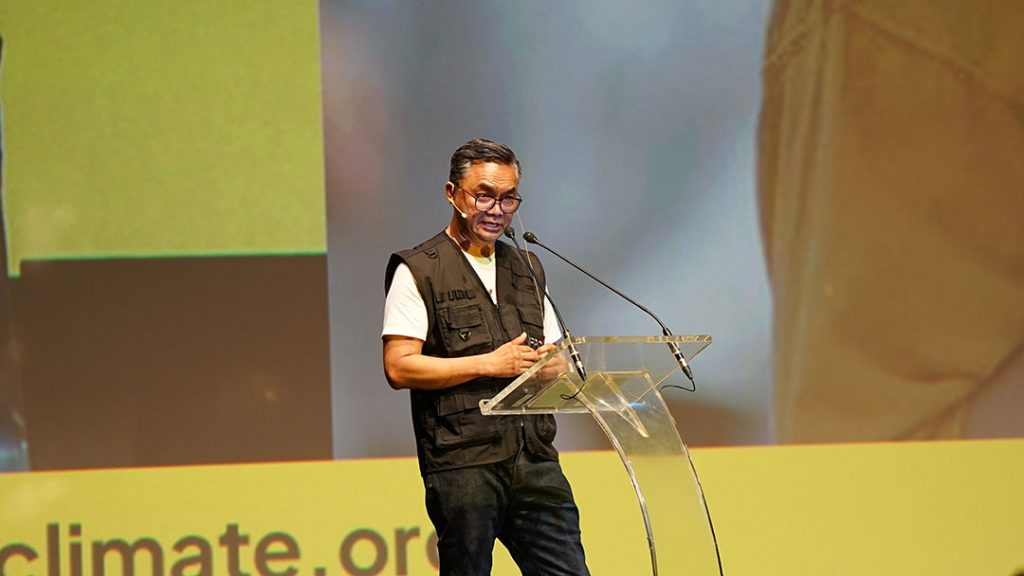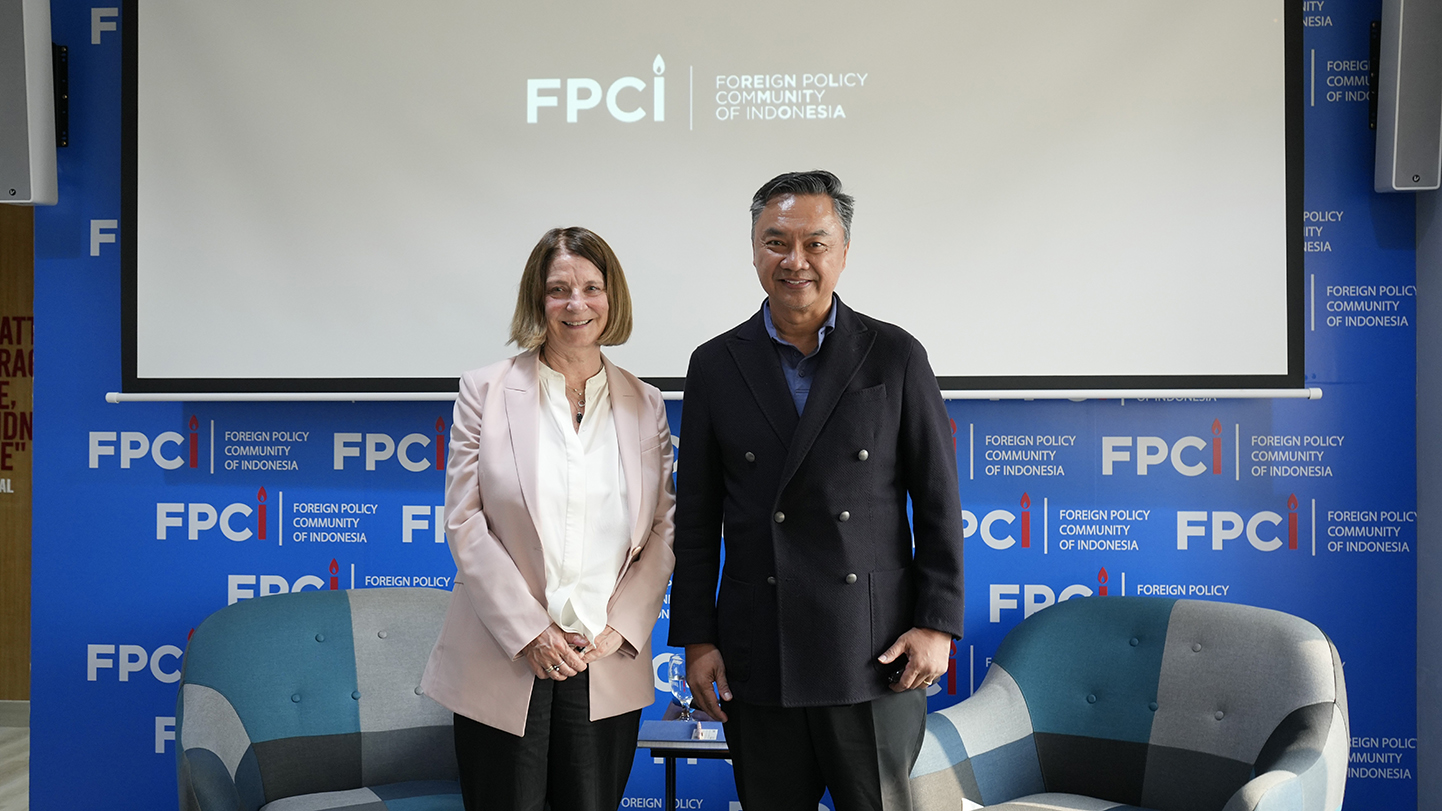
FPCI-MPSN Virtual Public Forum “North-South Middle Powers Recalibrating ‘Strategic Autonomy’ in a Multipolar World”
Global Town Hall 2024
Indonesia Net-Zero Summit 2024
FPCI-MPSN Virtual Public Discussion “Punching Above Weight: Turkey’s Middle Power Policy at Strategic Cross-Roads”
FPCI-GRIPS Virtual Public Forum on Addressing Geopolitical Challenges in the Region and Beyond through ASEAN-Led Mechanisms
Balancing Interest: A North-South Dialogue on Trade Protectionism
Trade protectionism, a policy adopted by nations to safeguard their domestic industries from foreign competition, has long been a contentious issue in the realm of international economics. The rationale behind protectionism often centers on protecting emerging industries, preserving jobs, and maintaining national security. However, these measures can also lead to trade wars, inefficiencies, and higher costs for consumers. As countries navigate the complexities of globalization, the debate over the merits and drawbacks of protectionism versus free trade continues to shape economic policies and international relations. In recent years, trade protectionism has resurged as a significant factor influencing global markets. Major economies, including the United States and China, have engaged in tit-for-tat tariff escalations, profoundly impacting global supply chains and economic stability. As the world becomes increasingly interconnected, understanding the dynamics of trade protectionism and its implications for international cooperation, economic growth, and global trade norms is more crucial than ever. Against this background, Foreign Policy Community of Indonesia brought back a Global Town Hall Series on “Balancing Interest: A North-South Dialogue on Trade Protectionism” to delve into the different perspectives between the Global North and Global South countries.
Halo China Video Competition 2024
Foreign Policy Community of Indonesia (FPCI) and the Embassy of the People’s Republic of China in Jakarta, China Public Diplomacy Association, and CGTN are in cooperation to bring back the Halo China video competition in the year 2024!
Now in its fifth year, the competition will focus on the theme, “China Through My Eyes.”
Continue readingDino Patti Djalal – Mau IKN Sukses? Ikuti 3 Pedoman Ini!
Belakangan ini, Ibu Kota Nusantara (IKN) menjadi buah perbincangan hangat di kalangan masyarakat Indonesia. Banyak pertanyaan mengenai prospeknya IKN di masa depan sebagai mahkota baru bangsa Indonesia. Dalam video ini, Dr. Dino Patti Djalal mengusulkan 3 butir pedoman untuk kesuksesan pembangunan IKN. 1. Bebaskan pembangunan fisik IKN dari siklus politik nasional. 2. Tidak perlu berambisi menjadikan IKN kota internasional. IKN cukup menjadi sebuah kota pusat pemerintahan modern yang memiliki penduduk. 3. Terapkan asas kemandirian. Jangan sampai IKN menimbulkan politik hutang budi terhadap negara lain.
Link Youtube
A Candid Conversation with Ambassador Mona Juul on the Gaza Situation, Two-State Solution, and the Future of the Middle East
As the world focuses on the ongoing war in Gaza. Countries have mentioned the two-state solution to resolve the conflict. However, the current situation is not in favor of that end goal. What are the latest updates on the Gaza War? What is the outlook for the two-state solution and its impact on the future of the Middle East? Given this background, FPCI convened “A Candid Conversation with Ambassador Mona Juul on the Gaza Situation, Two-State Solution, and the Future of the Middle East.”
